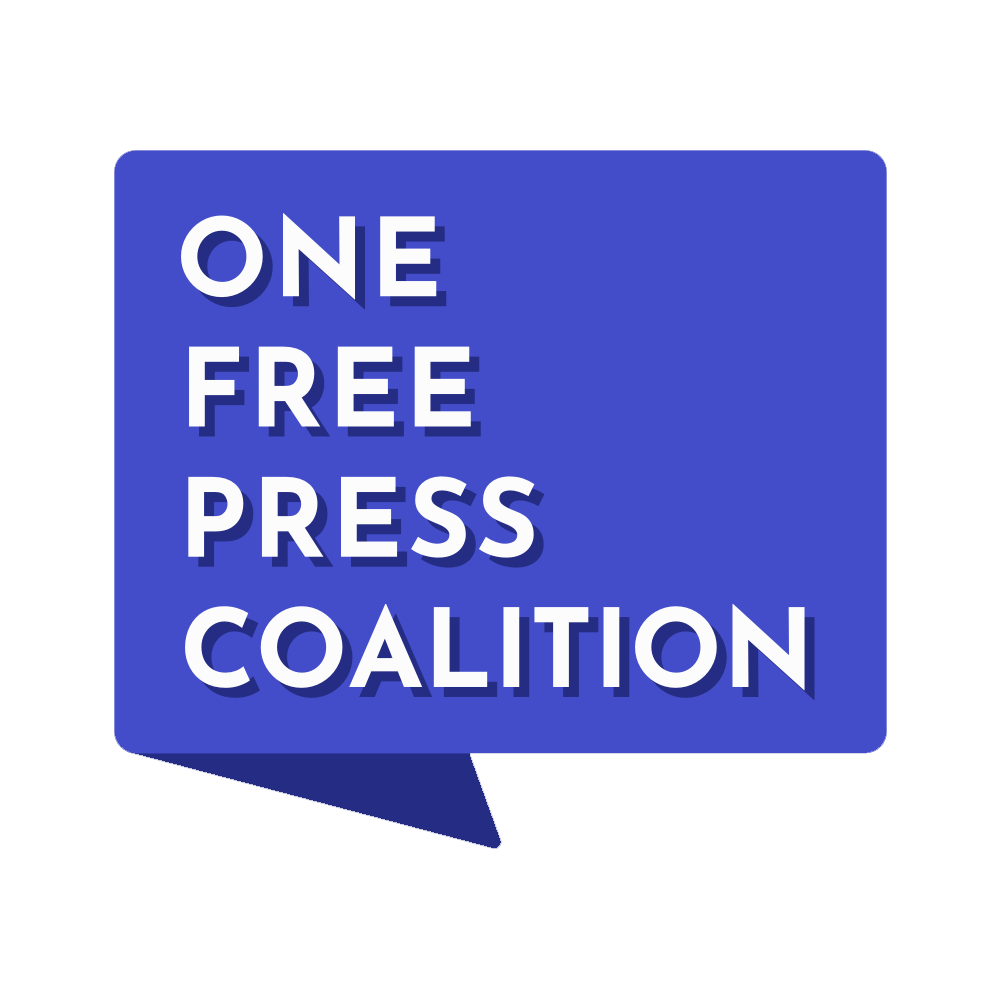10 Most Urgent, March 2019
On March 15, 2019 the Coalition launched the first monthly "10 Most Urgent" list, calling attention to the most pressing cases of journalists under attack for pursuing the truth. (not ranked in a specific order)
Maria Ressa (Dia Dipasupil Getty Images for CPJ)
1. Maria Ressa and Rappler (Philippines): Arrest and legal threats for the critical media outlet and its editor. National Bureau of Investigation officers arrested Ressa at Rappler on February 13 over a cyber libel case filed against her by the Justice Department. She was released the next day, but Rappler faces separate retaliatory tax charges. CPJ and First Look Media are partners in a legal defense fund for journalists, of which Ressa and Rappler are the first recipients.
2. Jamal Khashoggi (Saudi Arabia): Justice denied for murdered Saudi journalist. Nearly five months after his brutal murder at the Saudi Arabian consulate in Istanbul, and despite findings from the CIA that point to the Saudi crown prince’s involvement, there has been no independent UN criminal investigation. Calls for the White House to release intelligence reports have gone unheeded, along with a deadline to reply to Congress as required under the U.S. Global Magnitsky Act.
3. Eman Al Nafjan (Saudi Arabia): Women’s rights blogger imprisoned in Saudi Arabia. Al Nafjan, founder of the Saudiwoman's Weblog, was sent to prison in relation to her reporting on elections, human rights activists, and the fight for women to have the right to drive in Saudi Arabia. She is one of at least 16 Saudi journalists behind bars, according to CPJ’s most recent census of imprisoned journalists.
4. Wa Lone and Kyaw Soe Oo (Myanmar): Reuters reporters imprisoned under the official secrets act. Following their investigation into a security force massacre of Rohingya men and boys in western Rakhine State, the pair were convicted under the colonial-era Official Secrets Act and sentenced to seven years each in prison even though a policeman testified they had been entrapped. Their appeal was rejected in January; a final appeal is pending.
Kyaw Soe Oo (Reuters)
Wa Lone (Reuters)
Claudia Duque (IWMF)
5. Claudia Duque (Colombia): Human rights defender endures attacks in Columbia where impunity remains 98.81%. The veteran investigative reporter has endured kidnapping, illegal surveillance, psychological torture and has been exiled. Courts convicted three high-ranking officers of the Colombian security services for torturing Claudia and her daughter. As of January 2019, all the detainees were released. The IWMF awarded Duque with the Courage Award in 2010.
6. Mohamed Cheikh Ould Mohamed (Mauritania): Blogger languishes in jail for commentary on religion. Mohamed Cheikh Ould Mohamed was arrested in 2014 for an article he wrote criticizing the Mauritanian caste system and initially faced a death sentence. The apostasy charges have been dropped, but he still remains behind bars, with limited contact with his family and the outside world.
IWMF
7. Anna Nimiriano (South Sudan): Newspaper editor in South Sudan, lives under constant threat. As editor of the Juba Monitor, Nimiriano fights to keep her colleagues out of jail for their reporting, and has in the past been ordered by the government to shut down the paper. She perseveres in spite of arrest threats and constant censorship of her and her colleagues.
8. Pelin Unker (Turkey): Paradise Papers reporting leads to jail sentence for Turkish reporter. Pelin Unker wrote a piece as part of the Paradise Papers corruption investigation in 2017, revealing offshore holdings of the family of then-Prime Minister Binali Yıldırım. As retribution, authorities charged and sentenced her to 13 months for insulting the prime minister.
9. Thomas Awah Junior (Cameroon): Journalist jailed on anti-state and false news charges. Thomas Awah Junior, a correspondent for privately owned Afrik 2 Radio and publisher of Aghem Messenger monthly magazine, was arrested while interviewing protesters and is serving an 11-year sentence in Cameroon on anti-state and false news charges. CPJ has written to President Paul Biya requesting that he be released on humanitarian grounds.
10. Tran Thi Nga (Vietnam): Journalist accused of spreading propaganda. After a one-day trial, Tran Thi Nga was sentenced to nine years in prison on charges of "spreading propaganda against the state." She produced a number of videos critical of authorities on topics like toxic environmental spills and government corruption.
